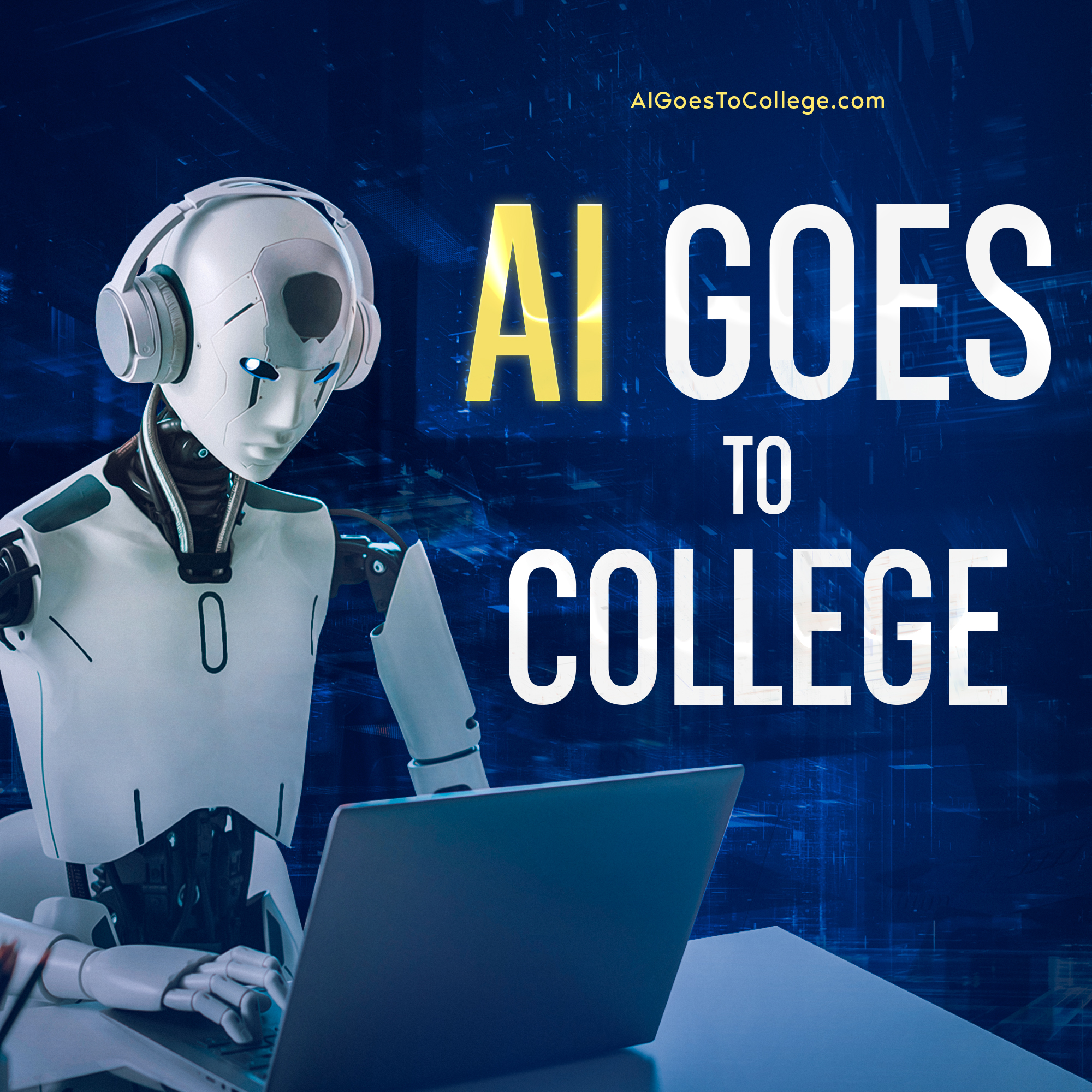

…
AI Goes to College
Generative artificial intelligence (GAI) has taken higher education by storm. Higher ed professionals need to find ways to understand and stay up with developments in GAI. AI Goes to College helps higher ed professionals learn about the latest developments in GAI, how these might affect higher ed, and what they can do in response. Each episode offers insights about how to leverage GAI, and about the promise and perils of recent advances. The hosts, Dr. Craig Van Slyke and Dr. Robert E. Crossler are an experts in the adoption and use of GAI and understanding its impacts on various fields, including higher ed.
Generative artificial intelligence (GAI) has taken higher education by storm. Higher ed professionals need to find ways to understand and stay up with developments in GAI. AI Goes to College helps higher ed professionals learn about the latest developments in GAI, how these might affect higher ed, and what they can do in response. Each episode offers insights about how to leverage GAI, and about the promise and perils of recent advances. The hosts, Dr. Craig Van Slyke and Dr. Robert E. Crossler are an experts in the adoption and use of GAI and understanding its impacts on various fields, including higher ed.
Progress
Duration
Release Date